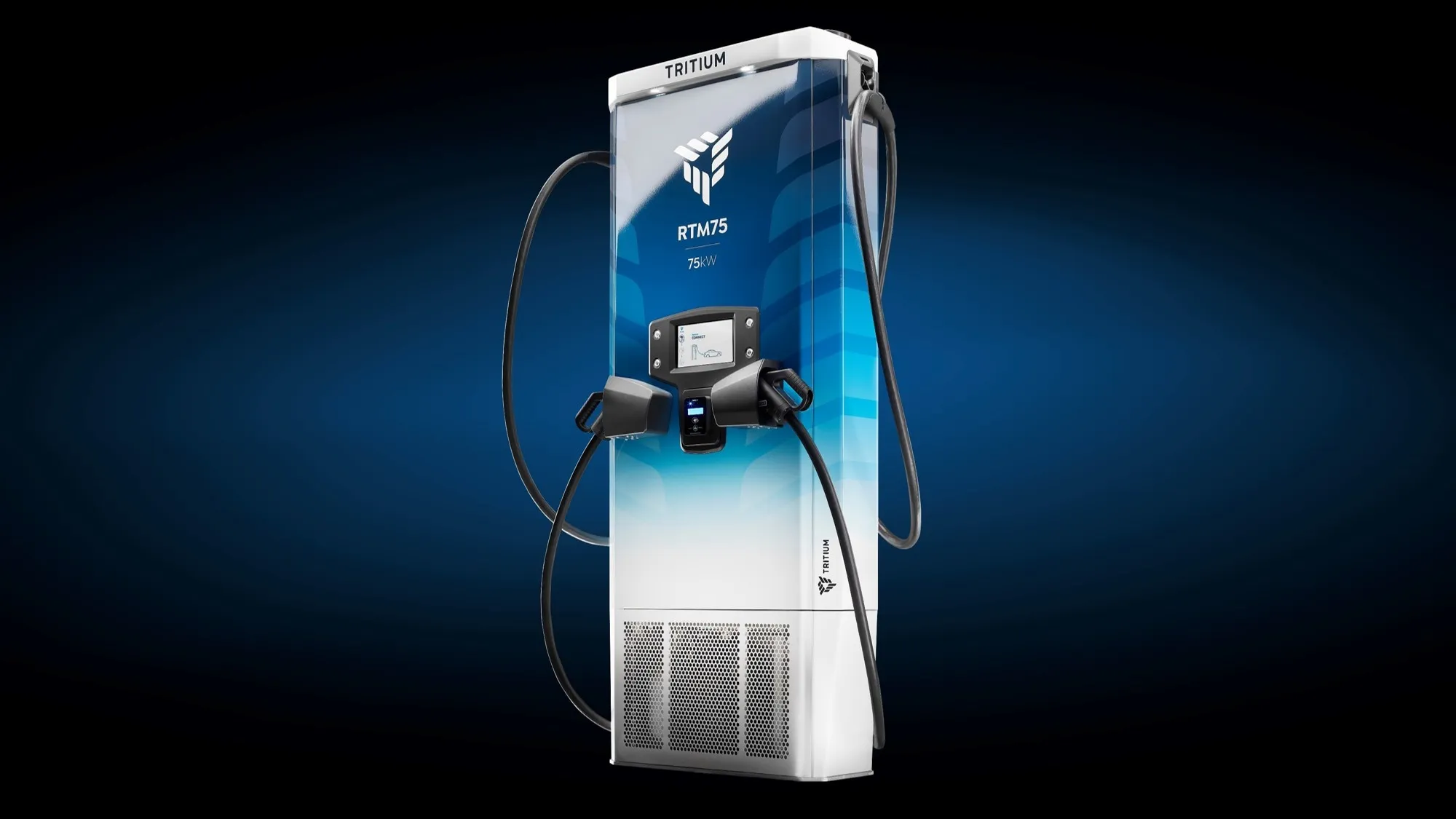Qualcomm's Halo system uses resonant magnetic induction to transfer energy wirelessly from a ground-based pad to one integrated within the vehicle. It is then used to recharge the battery while aiming to remove the need for user interaction with infrastructure or cables.
Halo features a high misalignment tolerance, allowing it to support high and low road clearance vehicles such as sports utility vehicles and roadsters, with the pad installed either on the road, flush mounted or buried beneath the surface. In addition, the proper alignment of the charging pads is indicated through a positioning system, which is said to remove the need for precise parking.
EM is currently developing its Solo EV. The highway capable commuter car will come with three wheels and a 100-mile range via its 7.3 kWh Li-ion battery pack.
Paul Rivera, Ricardo's president, said: “Ricardo is pleased to have been asked to assist Electra Meccanica with the integration of the Qualcomm Halo wireless EV charging system on the Solo vehicle. Wireless charging of electric vehicles brings considerable benefits in terms of user convenience, avoiding the need to use cables or plug-in to recharge. We wish Electra Meccanica every success with the Solo vehicle and its new wireless charging capability.”
Ricardo to integrate wireless charging system for Electra Solo EV
Canadian-based Electra Meccanica (EM) has selected Ricardo to integrate a wireless electric vehicle charging system from Qualcomm into a planned autonomous version of its one-seater Solo electric vehicle (EV). The project aims to enable self-driving vehicles to be an option for future mobility services.
Qualcomm's Halo system uses resonant magnetic induction to transfer energy wirelessly from a ground-based pad to one integrated within the vehicle. It is then used to recharge the battery while aiming
February 19, 2018
Read time: 2 mins
Canadian-based Electra Meccanica (EM) has selected 5606 Ricardo to integrate a wireless electric vehicle charging system from 213 Qualcomm into a planned autonomous version of its one-seater Solo electric vehicle (EV). The project aims to enable self-driving vehicles to be an option for future mobility services.








